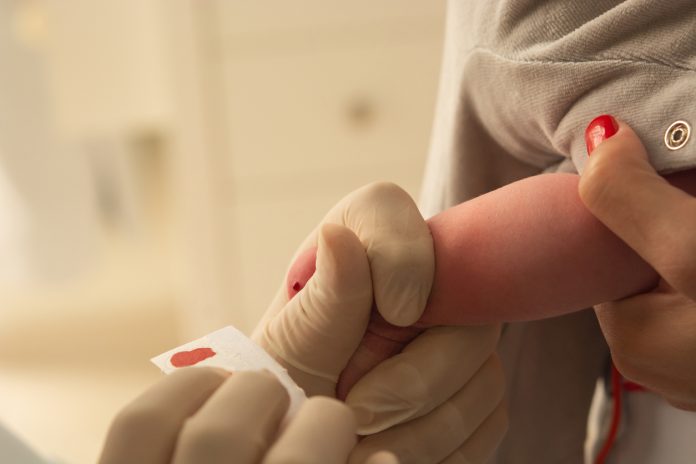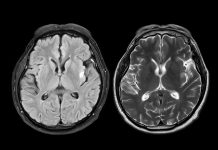A new NHS screening programme will test babies for hereditary tyrosinemia type 1 at five days old, enabling early treatment to prevent organ damage, liver failure, and other serious complications
In a landmark move, NHS England will now include hereditary tyrosinemia type 1 (HT1) in the newborn blood spot screening, testing babies at about day five after birth. This rare but potentially fatal metabolic disorder affects around seven infants a year in the UK; early detection means life-saving treatment can begin before symptoms emerge, reducing the risk of life-threatening conditions. The decision follows guidance from the UK National Screening Committee and marks a significant advancement in preventative newborn care.
What is HT1?
HT1 affects the way in which the body breaks down protein in food. Protein is usually broken down into amino acids by enzymes; however, in people with HT1, a mutation in the gene that controls the enzyme responsible for breaking down the amino acid tyrosine occurs.
When the body cannot break down tyrosine, a harmful chemical that builds up in the bloodstream, HT1 can cause liver failure, kidney disease, and liver cancer.
Babies will now be routinely screened
HT1 screening will be added to the NHS Newborn Blood Spot Screening Programme in England, following a recommendation by the UK National Screening Committee.
Once identified by screening, babies will be placed on Nitisinone, and a special diet of regulated amounts of milk with a special milk that is low in tyrosine. Older children with HT1 have a special low-tyrosine diet that specialist dietitians will manage. This combination can help prevent long-term complications of HT1 from developing.
Dr Harrison Carter, NHS Director of Vaccination and Screening, said: “Being able to screen for tyrosinaemia will help give hundreds of thousands of families extra reassurance and peace of mind – and while rare genetic conditions will be ruled out in most cases, for those families affected it means treatment and care can begin straight away, to improve their baby’s chances of leading a healthy life.
“This is a really vital step forward in care for newborn babies and will be important news for families who might be at risk of potentially life-threatening hereditary genetic conditions.”
NHS Chief Midwife Kate Brintworth said: “The arrival of a newborn baby can be a very exciting and busy time for families, but the blood spot test is a key part of early NHS care and support because it can tell families so much about their baby’s future health.
“Women and families can find out more about the test from their midwife during their pregnancy, including the different conditions the test is screening for, so we’d encourage them to talk to their maternity team about it.”








